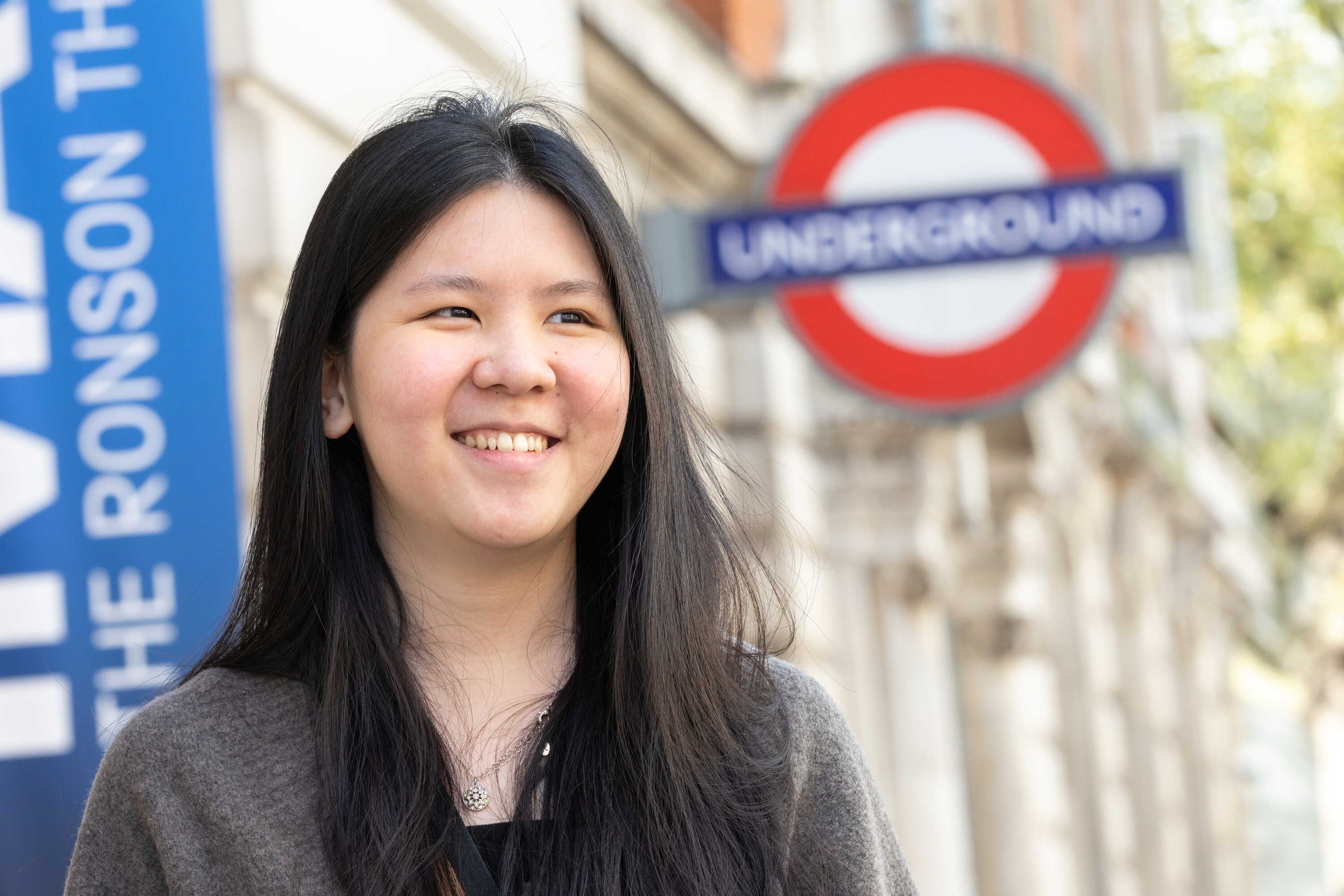
Civil and Environmental Engineering Research
We offer a wide range of PhD opportunities which address global challenges across the natural and built environment.
Course key facts
Qualification
PhD
Duration
4 years, 8 years
Study mode
Full-time, Part-time
Delivered by
Location
-
South Kensington
-
Academic requirements
A good Upper Second or First Class Degree result (or International equivalent), in engineering or another numerate discipline
A Master's level degree qualification
Course overview
The Department of Civil and Environmental Engineering focuses on interactions between the built environment and the natural world and recognises that civil and environmental engineering are crucial to meeting the major challenges faced by society; including climate change, economic recovery, growing population and urbanisation, conservation of natural resources, development of renewable energy sources, sustainable transport, environmental quality, and infrastructure ageing and resilience.
The Department provides a highly stimulating environment for research students, attracting outstanding applicants from a variety of academic backgrounds ranging from a wide spectrum of engineering disciplines alongside the physical, life and social sciences.
You will have the opportunity to study in a multi-disciplinary team alongside leading experts in the field as part of one of our dedicated research groups. Your research will be supported by access to world leading experimental and computational facilities.
Our research groups are:
Structure
During your first year you will typically:
- Get to know your research group
- Undertake an extensive literature review
- Start your investigative work
- Complete your Early Stage Assessment
You will have the opportunity to:
- Train and work as a Graduate Teaching Assistant
- Participate in Graduate School courses and taught Master’s modules
Supervisors
We are a large Department, with a community of 100 academic, teaching and research staff, 800 students and 35 support staff.
You can find a full list of our academic staff and their associated research areas on our departmental pages.
Entry requirements
Footnotes
- A good Upper Second or First Class Degree result (or International equivalent), in engineering or another numerate discipline
- A Master's level degree qualification
Please check the Imperial College entry requirements Entry requirements to ensure you meet the minimum entry criteria for research.
How to apply
Visit the research and academic staff pages of our website to help identify topics of interest and potential supervisors. Contact your preferred supervisor(s) directly to discuss potential projects and funding options. Online applications should only be submitted after the potential academic supervisor has expressed sufficient interest in your application.
* Please note that applications for our research programmes received without prior consultation with a supervisor or through one of our open schemes, will take longer to process and are unlikely to be accepted.
- Prepare transcripts of study, which you normally request from your University. Transcripts should include all modules you have undertaken and the marks you have been awarded in each element of assessment. If they are not in English, please include a translated copy. Always ensure that you include a copy of the University Marking Scheme.
- If English Language is a requirement, please ensure that you have familiarised yourself with the qualifications accepted by the College and the expected level of achievement in each.
- Identify two individuals to act as referees on your behalf.
- Prepare an up-to-date CV
- Prepare a brief personal statement/research proposal, preferably in conjunction with your potential supervisor.
Apply online through Imperial Gateway to the 'Civil and Environmental Engineering Research’ programme.
Find out more about how to apply for a research degree, including references and research proposal.
Your online application will be received by the Department Research Office, where it will be held until it is considered complete.
A completed application will include:
- Both of your references - it is your responsibility to ensure that these are received
- Transcripts (partial or complete) of all degrees you have undertaken, or are currently undertaking
- Personal statement/research plan
- CV
The completed application will then be sent on to the potential academic supervisor your have named for consideration. Please note that some applications do not pass a preliminary screening, and it is possible for a decision to be returned to the College at this stage. If a potential supervisor(s) is interested in your application, they will arrange an interview with you and another member of academic staff.
Decisions following interview are reported to, and processed by, the Imperial College Registry.
Queries on the status of an application can be directed to civilphdadmin@imperial.ac.uk .
Fees and funding
We have a range of funded PhD vacancies and a number of department scholarships available for our PhD students.
The College also has a range of grants and scholarships which you do not need to pay back.
For further information about possible sources of funding please visit our scholarships page.
Scholarships
Facilities
The laboratories of the Department of Civil and Environmental Engineering provide state-of-the-art facilities and are amongst the most up-to-date and best equipped in Europe. We have five labs, all of which have been fully rebuilt or substantially refurbished within the past seven years.
Career
A PhD in Civil and Environmental Engineering provides outstanding opportunities for Graduates with many varied career opportunities. Our graduates develop excellent research capabilities, advanced problem solving and analytical skills, interpersonal and communication skills, alongside project management and student supervision experience.
The acquired skills and experience are highly transferable to a wide range of industries. Employers of our PhD Graduates include academic institutions, engineering and utilities companies, government bodies and financial institutions.
Recent graduate occupations include:
- Lecturer/Assistant Professor
- Postgraduate Research Associate
- Research Fellow
- Structural Engineer
- Graduate Engineer
- Senior Economist
For further information on career paths for Imperial College and Department graduates see the Careers Service.
Further links
Success Guide
The Success Guide for postgraduate students offers you advice and resources to excel at Imperial College London.

Support for International Students
We provide specialist immigration advice and run a programme of webinars, trips and events to foster integration, friendship and community.

Centre for Academic English
Throughout your degree, you can take advantage of a range of CfAE courses and resources designed to help you communicate your STEMM research effectively.

Library services
Your subject librarian can help you find books and access online resources

Terms and conditions
There are some important pieces of information you should be aware of when applying to Imperial. These include key information about your tuition fees, funding, visas, accommodation and more.